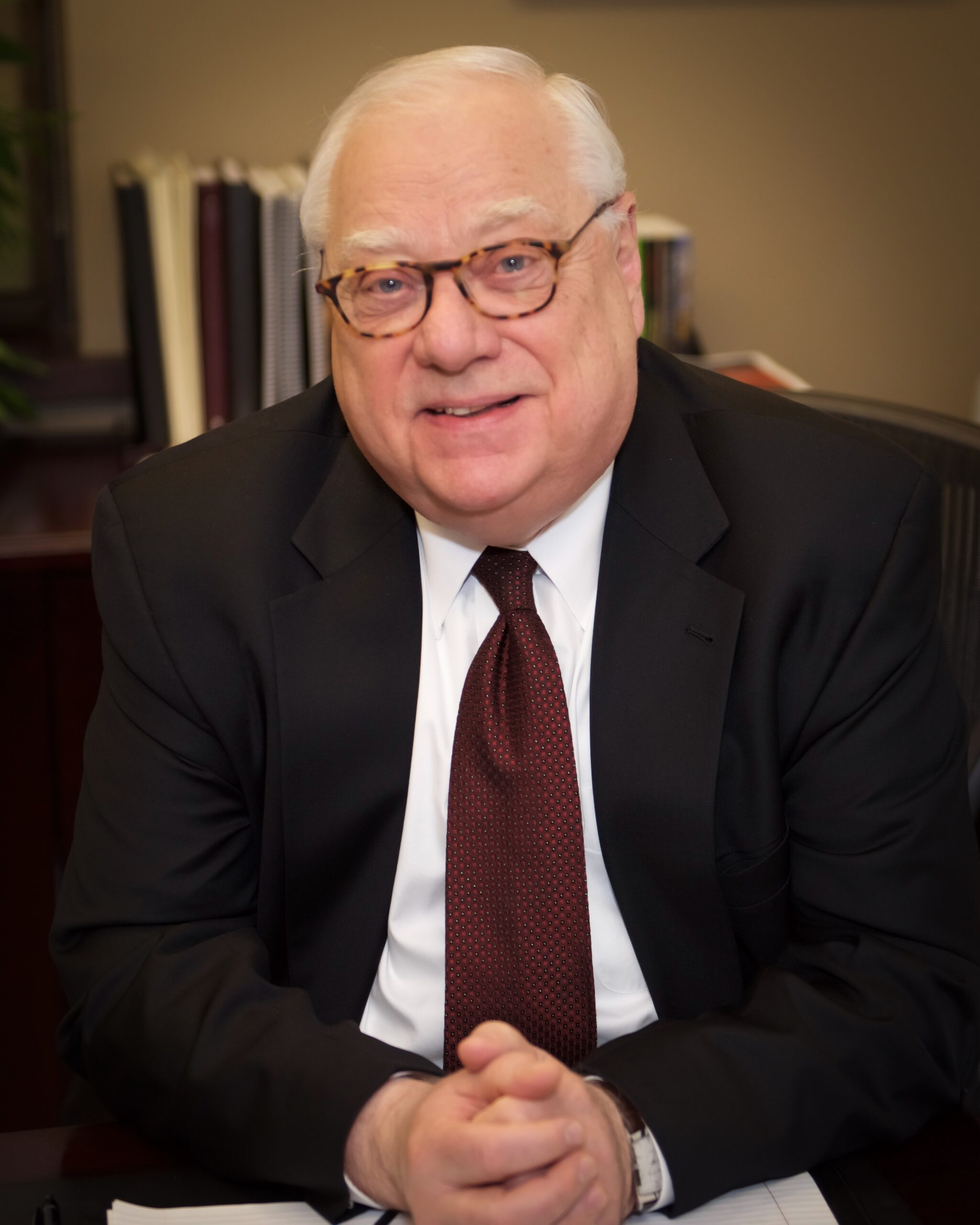Wabash Center’s Podcast Series: Dialogue On Teaching
5 Conversations with Dr. Dan Aleshire
Hosted by Wabash Center Director, Nancy Lynne Westfield, Ph.D.
Podcast Producer: Rachel Mills
Sound Engineer: Dr. Paul O. Myhre
Original Podcast music by Dr. Paul O. Myhre
 Dan retired in 2017 as the executive director of the Association of Theological Schools after serving that organization since 1990. The podcast conversations springboard from Dr. Aleshire’s latest book, Beyond Profession: The Next Future of Theological Education (Theological Education Between the Times). Each conversation grapples with the complex and challenging question – What should theological education become? Dan’s insight, experience, wisdom, and arch of knowledge, offers wide ranging and needed perspectives for anyone tasked with reinventing theological education in this moment. Dan offers theological framing and practical wisdom on issues of leadership, institutional design and redesign, and the shifting roles and responsibilities of faculty and administration. The conversations are inspiring for those who work for the thriving of theological education in new forms and for new populations.
Dan retired in 2017 as the executive director of the Association of Theological Schools after serving that organization since 1990. The podcast conversations springboard from Dr. Aleshire’s latest book, Beyond Profession: The Next Future of Theological Education (Theological Education Between the Times). Each conversation grapples with the complex and challenging question – What should theological education become? Dan’s insight, experience, wisdom, and arch of knowledge, offers wide ranging and needed perspectives for anyone tasked with reinventing theological education in this moment. Dan offers theological framing and practical wisdom on issues of leadership, institutional design and redesign, and the shifting roles and responsibilities of faculty and administration. The conversations are inspiring for those who work for the thriving of theological education in new forms and for new populations.
The Next Future: Fundamental influences upon theological education are the shape of higher education, the cultural pulse of society, and the religious practices of the people whose leadership is seminary trained. How might consideration of these variables assist with reimaging theological education? What if diversity is the bedrock of the future of theological education?
Leaders Move Forward, Even in the Fog: How are you?: The complexity of this era requires leadership who are passionately willing to live in the ambiguity, uncertainty, and still make progress. Institutions must find ways to enable, empower, and inspire leaders for work in the middle of the muddle.
Accreditation? What? Why?: Demystifying the voluntary, non-voluntary, peer process. How do you know when good decisions are made and how blunders are corrected? What about learning outcomes? Before joining a faculty, read the accreditation report.
Relationship Between Church and Theological Education: Does the church want theologically educated leadership? What kind of learning is needed now for effective ministry? In what ways can the seminary benefit from the knowledge production of the church? What if this is a moment of great capacity and great opportunity – but it is being squandered by the church and theological education!
Effective Leadership Now: New patterns of institutional power, new visions, and the capacity to make unpopular decisions still does not guarantee successful leaders. In this current wilderness experience, how are leaders trained – who trains? How are leaders identified, mentored and supported for success? Good leaderships have the dynamic capacity to set direction, can lead to new places, is not cohesive or cruel. Leadership skills are scholarly skills.